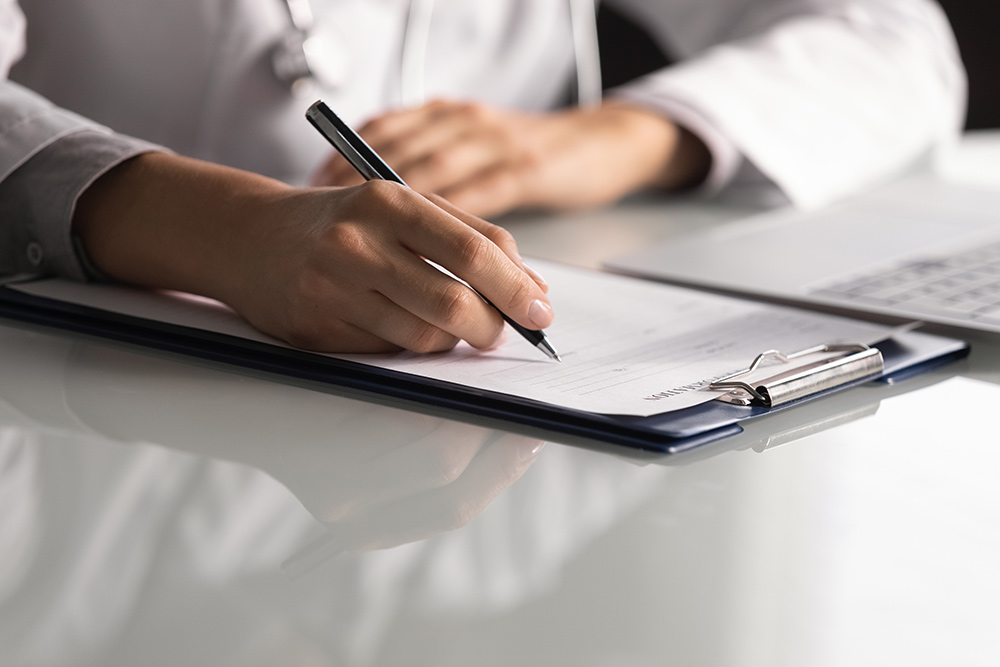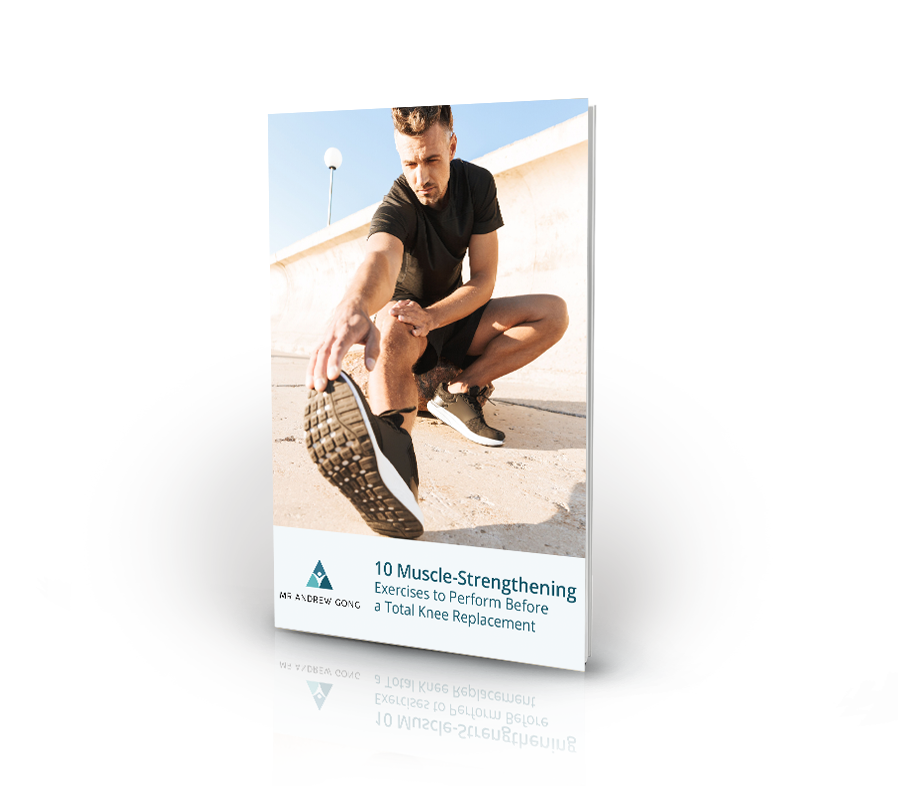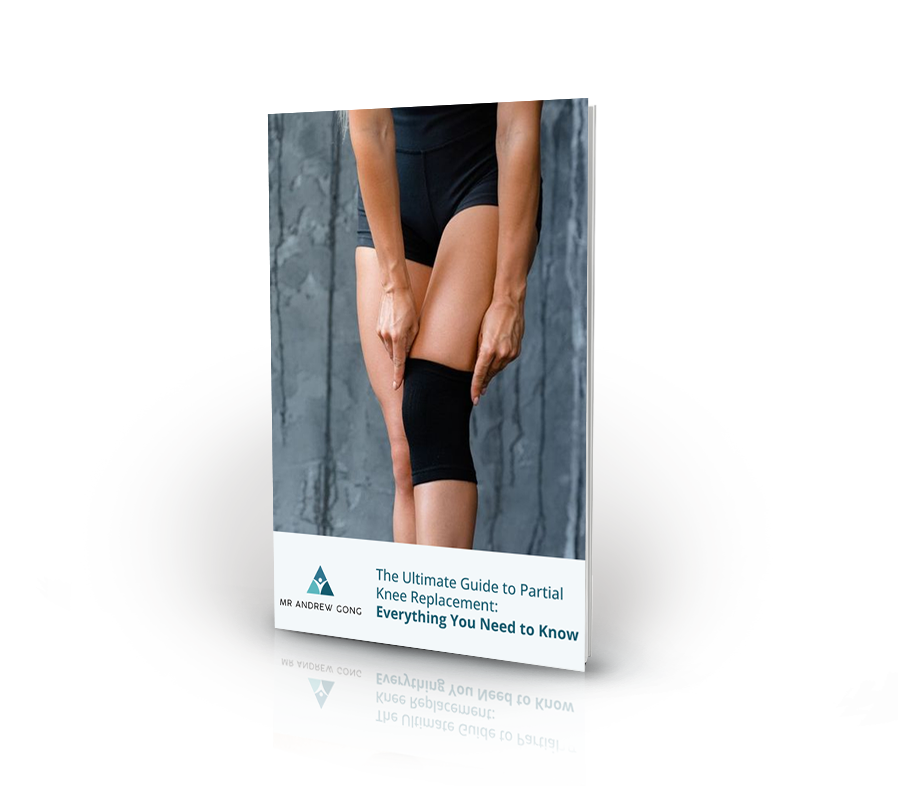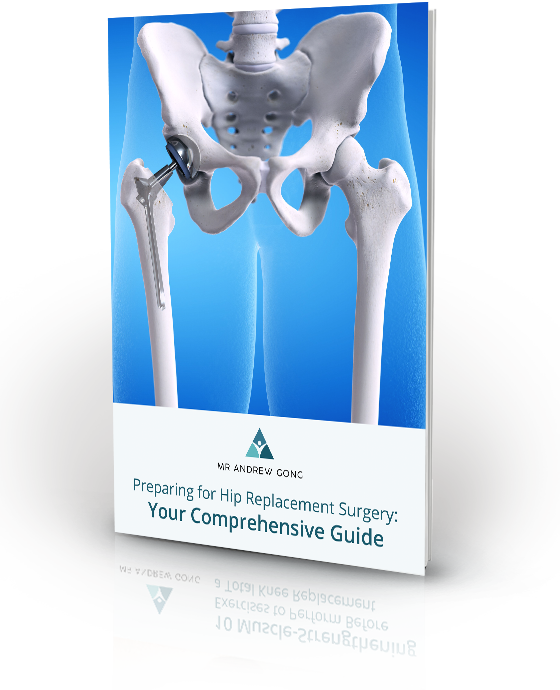Recovering from surgery isn’t just about healing, it’s about restoring your overall well-being and improving your quality of life.
Dr Andrew Gong and his team have put together this ultimate guide to help optimise your post-operative and recovery period. Taking proper care post-surgery and following the advice and recommendations of your surgeon is paramount. It ensures faster healing, reduces the risk of complications and gets you back to feeling your best as soon as possible!
How to prepare for your surgery and recovery period
Your surgical and health care team will provide you with preoperative instructions that you must follow. These guidelines will include:
- Adjusting current medications
- When to start fasting
- What lifestyle changes you may need to make, such as smoking cessation or losing weight
- It is also important to optimise your nutrition before surgery
Your doctor’s advice for recovering from surgery will also include information on how to prepare for coming home afterwards. This preparation should include things such as:
- Who will assist you to and from the hospital
- Do you have someone to assist you at home for the first several days, or hiring a cleaner for your home
- Arranging time off work
- If there are any modifications you need around your home to make recovery easier, such as a shower chair, rails, ramps or other aids

Your surgeon will provide instructions to help you prepare for your operation and to help with recovery from surgery once you are at home.
What is the immediate post-operative care?
Immediate post-op care is delivered by trained healthcare professionals, such as doctors, nurses and physiotherapists. During your hospital stay, whether that is a day in the recovery room or a longer stay in the ward or intensive care unit, you can expect regular checks on your vital signs (such as blood pressure and heart rate), pain levels, surgical site and wounds.
You may also feel a little groggy and some patients feel nauseated after a general anaesthetic, however, this wears off in a few hours. Nursing staff can administer pain medication for you and there will be a local anaesthetic infusion into your joint in the first 24 hours ro reduce your pain.
It is important to maintain adequate pain management so you are able to participate in physical therapy and breathing exercises as soon as possible. These early exercises and mobilisation are essential to help you recover safely and decrease the risk of blood clots, deep vein thrombosis or chest infections post-surgery.
Managing pain and discomfort when recovering from surgery
Some swelling, pain and discomfort are expected after any surgical procedure, especially if you have had major surgery. When recovering from surgery, your surgeon will usually prescribe pain relief medication for you to take as well as provide advice on how to manage at home once you leave the hospital:
- Heat or cold therapy
- Splint the surgical site with a pillow and gentle pressure when coughing, sneezing or taking deep breaths
- Relaxation techniques
- Bowel movements (if you have opiate medication or had abdominal surgery)

When recovering from surgery, simple things such as gently holding a pillow against your chest or abdomen when you cough or sneeze can help manage pain.
How to care for your wound when recovering from surgery
Keeping your wound site clean and dry during the healing process is crucial to optimal and rapid recovery after surgery. The nurse or other health professionals can show you how to change dressings and other wound care before you leave the hospital. As part of this, they will educate you on the signs of infection:
- Unusual redness
- Discharge or pus
- Inflammation or swelling
- Increased pain
If you notice any of these signs it is essential to see your surgeon or local doctor as soon as possible so it is treated early, before you develop any further complications.

A balanced, nutritious diet that incorporates salmon, dark green leafy vegetables, berries and plenty of fluids can help you when it comes to recovering from surgery.
Optimal nutrition and hydration when recovering from surgery
By fueling your body with nutritious, healthy foods and staying hydrated you will aid the recovery process and promote healing. There are many delicious foods you can incorporate into your diet that have been shown to help your body heal and reduce inflammation:
- Leafy green vegetables
- Eggs
- Salmon
- Berries
- Nuts and seeds
- Chicken
- Organ meats
- Drink plenty of water
How to mobilise and get back to physical activity
post-surgery
While recovering from surgery, although you may feel tired and sore, moving your body is essential to heal properly, improve circulation and avoid postoperative complications like a blood clot or chest infection. Start with gentle exercise programs and increase as per your surgeon’s or physiotherapist’s advice.
You can still stay active whilst avoiding certain exercises or heavy lifting until you are given the all-clear to resume normal activities. This helps you to regain your muscle strength, improve flexibility and help with emotional recovery too.
Emotional support and well-being when recovering from surgery
It is natural to experience a roller-coaster of emotions when recovering from surgery. By understanding and acknowledging these feelings, you will be better equipped to navigate them. You will be able to lean on friends, a family member or your doctor if you feel anxious, sad or overwhelmed.
What post-operative care and appointments are required?
Depending on the type of surgery and area operated on, you will have one or more follow-up appointments with your doctor. The point of the follow-up appointment will be to:
- Check your surgical wound
- Check on your recovery, physical and emotional well-being
- Remove staples or sutures
- Discuss when you can return to work, exercise and regular activities
Wrapping up your surgical recovery journey
A successful recovery from surgery is a combined effort of following medical advice, listening to your body and ensuring you’re mentally and physically prepared for the journey.
Mr Andrew Gong and his team are here to answer any of your questions or offer guidance. Please reach out if you need assistance.

About Mr Andrew Gong
Mr Andrew Gong
MBBS, FRACS (Orth), F.A.Orth.A
Mr Andrew Gong is a renowned orthopaedic surgeon in Melbourne with extensive experience. He is a fellow of both the Australian Orthopaedic Association and the Royal Australasian College of Surgeons.
How to schedule a consultation
Use one of the below methods to schedule an appointment to see Mr Andrew Gong:
Our Locations
- Box HillEpworth Eastern, East Wing Tower
Level 14, Suite 14.3
25 Nelson Road, Box Hill VIC 3128
- HealesvilleGet Well Clinic
408 Maroondah Hwy
Healesville VIC 3777, Australia
- RichmondMelbourne Bone and Joint Clinic
27 Erin Street
Richmond VIC 3121, Australia
Frequently Asked Questions
Check out our most frequently asked questions about recovering from surgery below, which may provide the additional information you’re looking for:
How long is recovery from an orthopaedic surgery?
The type of surgical procedure, how long an operation takes and the overall health and age of the person will directly influence how long it takes you to recover. Typically, the surgeries with the longest recovery time are those that involve the spine or complex joint replacements. Your orthopaedic surgeon can provide you with more details on the length of recovery prior to your procedure.
What helps you heal faster after surgery?
There are several things you can do to help heal faster when recovering from surgery. The most important things are:
- Follow any post-operative instructions
- Maintain a nutritious diet and stay hydrated
- Don’t smoke or drink alcohol
- Gentle exercise
Is pain relief important?
Pain relief is essential for your post-operative care. It reduces the risk of complications, enables you to engage in physical therapy and mobilisation, improves healing, and promotes better rest and sleep and your overall well-being.






